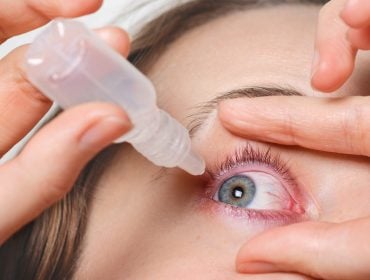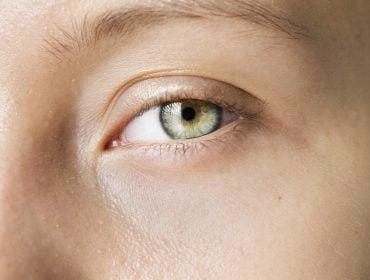Limit Your Risk: Herpes Transmission Through Drink Sharing
You might wonder, “Can I catch herpes from a sip of someone’s drink?” The short answer: it’s unlikely. Herpes spreads through direct skin-to-skin contact more often than not. Sharing glasses won’t usually pass the virus on to you unless there’s immediate, active mouth sores contact.
Understanding Herpes and Transmission
Herpes, a virus causing sores, can spread through close contact. It comes in two types: HSV-1 and HSV-2. The first often leads to cold sores around the mouth; it’s very common.
Think about how easy germs pass when we share drinks or even kiss hello – that’s how herpes gets around too! Even without visible signs like blisters, you might still carry the virus and unknowingly hand it off to someone else with just a sip from your cup. Worried about catching herpes from a shared drink?
While less likely than direct person-to-person transmission, it’s not impossible if there are fresh viral particles present on the glass edge where an infected individual drank seconds before another uses it. Always use your own cups for peace of mind.
Risks of Sharing Drinks
You might pass herpes even if there’s no outbreak or sore in sight. The virus can still shed from your skin unnoticed and mix with the saliva on the cup rim. If someone else takes a sip, they could get exposed to these invisible germs. Wet blisters are super spreaders but don’t be fooled, normal-looking skin doesn’t mean you’re clear! Always wash hands after touching any sores before reaching for food or friends to keep everyone safe around you.
Protecting Yourself from Oral Infections
To keep your mouth safe from herpes, always use protection like condoms or dental dams for any sexual contact. This includes oral action too. Got a cold sore?
Hold off on the kisses, that means everyone: tiny tots, other kids and expecting moms. If you rock contacts, keep them out of reach of your spit to dodge spreading oral herpes to an eye. Just found out about having herpes?
Chat with your doc about meds which might lower the risk of giving it elsewhere. And if there’s ever a flare-up – no touching! Wash up if you do make contact.
Your sex life doesn’t end here; just be upfront with partners beforehand because stopping spread matters big time – not just because sharing isn’t caring in this case but since herpes can boost HIV risks too.
Safe Social Drinking Practices
When you’re out, choose not to share your drink. It seems simple but it keeps you safe from herpes. Studies show 6% of people carry the HSV-1 virus that causes cold sores; sharing a glass might pass it on.
Herpes can reactivate often in some people, especially if they have kidney issues or live with many siblings. So when socializing, enjoy drinks alone, even at home or parties and clean cups well between uses. This easy step helps stop spreading the virus and protects everyone’s health better than most think!
Be wary of sharing drinks; herpes can transmit this way. If a person with an oral outbreak sips from a glass, the virus may linger. Your next sip could expose you to it.
To stay safe, use your own cup and if you think exposure has happened, STDCheck offers reliable testing services for peace of mind. Remember: personal items are just that, personal! Keep yours to yourself and encourage friends to do the same.
Medically Reviewed by J. Frank Martin JR., MD on April 1, 2024
Secure and Confidential
STD testing services
The fastest results possbile - available in 1 to 2 days

Tagged
Categorized As
Author: STD Check Editorial Team
At STDCheck.com, we go to great lengths to ensure quality content. We’re using our own collection of data. It is not bought or made up for “click-bait” purposes. We don’t entice traffic with cheesy graphics or raunchy headlines. Our information is to promote STD testing, educate people, let go of social stigmas, and bring awareness. We also provide a completely confidential atmosphere through private testing. When we produce an article, it is fact-based. We check it with medical advisors that approve it. Our staff consists of doctors and other medical professionals who peer review the content we make available on STDCheck.com. From all over the world, we have sourced the best and the brightest content developers, including medical professionals, marketing engineers, data scientists, content specialists, and media relations.




